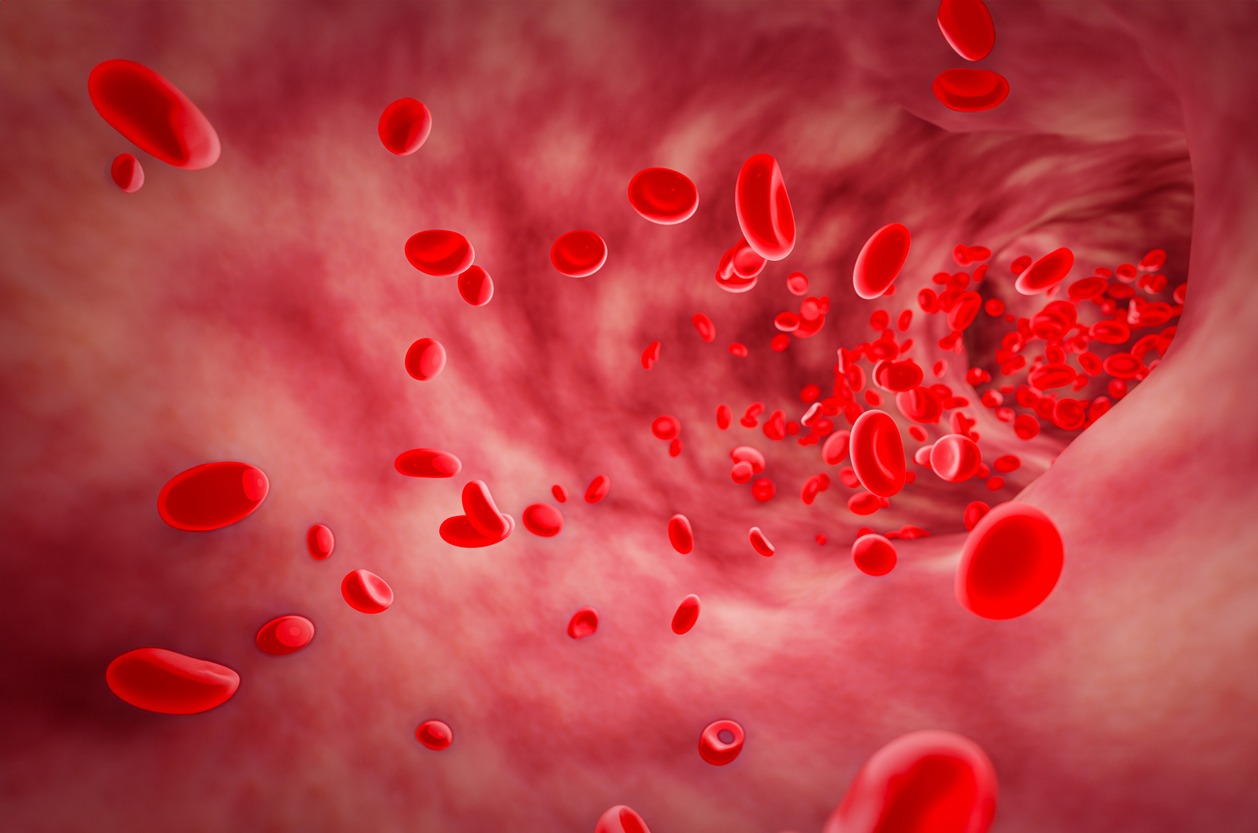It is amazing how many things can be learned just by examining one’s blood through a simple blood test. Even if you are squeamish about blood, after you get to learn about all the different information your blood can tell you about your health, you will be rushing to get a blood test done as soon as possible. Here’s what you need to know.
1. Blood Types
The first thing that any blood test out there can do is identify what blood type you have. There are three main types of blood which are A, B, and O. You might be wondering then, why do some people have A+ or O- if there are only three types of blood? The thing is, the positive and negative signs are there to show if a person has a substance called RH in their red blood cells. If they do, then they are considered RH positive, but if they don’t, then they are RH negative.
These signs are mainly an issue if a woman is pregnant with a baby that has an opposing sign. So for example, if the mother is RH positive but her baby is RH negative, her body may believe that the baby is a foreign body and start attacking it. Just as when a person gets a transfusion from the wrong blood type and his or her body rejects the blood and attacks it, which can be fatal in many cases.
2. Pathogens
Pathogens are basically any type of bacteria, virus, or microorganism that can cause disease. If you have any kind of disease, a simple blood test can give your medical care provider more information about the pathogen which can be very helpful in finding a way to treat it. In fact, medical professionals take a multitude of courses to better understand blood and its components. You can search online to find out more about how pathogens can be found in the bloodstream and why it is important to your health to be aware of them.
Not only can your blood show you different pathogens that you might not be aware that you have in your blood but it will also show you all the different colds and other diseases you have overcome until now. This is because your blood has antibodies for each and every disease that it has gone through. This makes it easier for healthcare professionals to prescribe medicine that is better suited for you.
3. Hormone Levels
Hormone levels can be very indicative when it comes to how your health is doing. Your blood shows you how much of these hormones are present in your bloodstream and thus how they affect your physical and mental health.
4. Cholesterol
Cholesterol found in your body can show where you are on the obesity scale. It can also show you whether you are at risk of having blockages in your arteries or veins because of high amounts of cholesterol.
This can be judged by an enzyme that is found through a test. This enzyme is secreted inside your arteries and veins so that the cholesterol can be broken up. This also indicates if you have high blood pressure due to blockages or other issues.
5. Platelet Level
Are you the kind of person who bleeds for hours after getting a minor injury or does your wound stop bleeding right away? Your answer to this question will indicate whether you have a high platelet level or a low one. Platelets are the bodies inside your bloodstream that coagulate together when they are exposed to air so that you do not bleed out from injuries.
If you have a low platelet count or if your blood is too thin then your wound will not close on its own and you need to get medical assistance as soon as possible, even if it is something as simple as a pricked finger.
6. Depression Detector
It is very difficult to judge whether a person is just feeling down like anyone does at some point or if they are actually dealing with clinical depression. Blood tests can actually help a medical professional find out what the answer to that question is.
They just have to detect the happiness hormones released into the bloodstream to find out if they are at a regular level or if the levels are very low and thus, they can start prescribing the right medicine for their patients.
7. Biological Age
Your biological age differs from your chronological one. Basically, this age indicates how your internal body is doing compared to others that have the same chronological age as you. For example, a person can be 25 with the biological age of someone in their forties. This is because unlike your normal age, your biological one is affected by your habits. These include your diet, smoking habits, and physical activity.
Now that you are aware of how far a simple blood test can go in determining your physical and mental health, you might be more interested in knowing more about your own. Having regular tests done on your blood can help you detect medical issues before they affect your body. Your blood can be your warning system for a number of different diseases so make sure you use this to your benefit.

